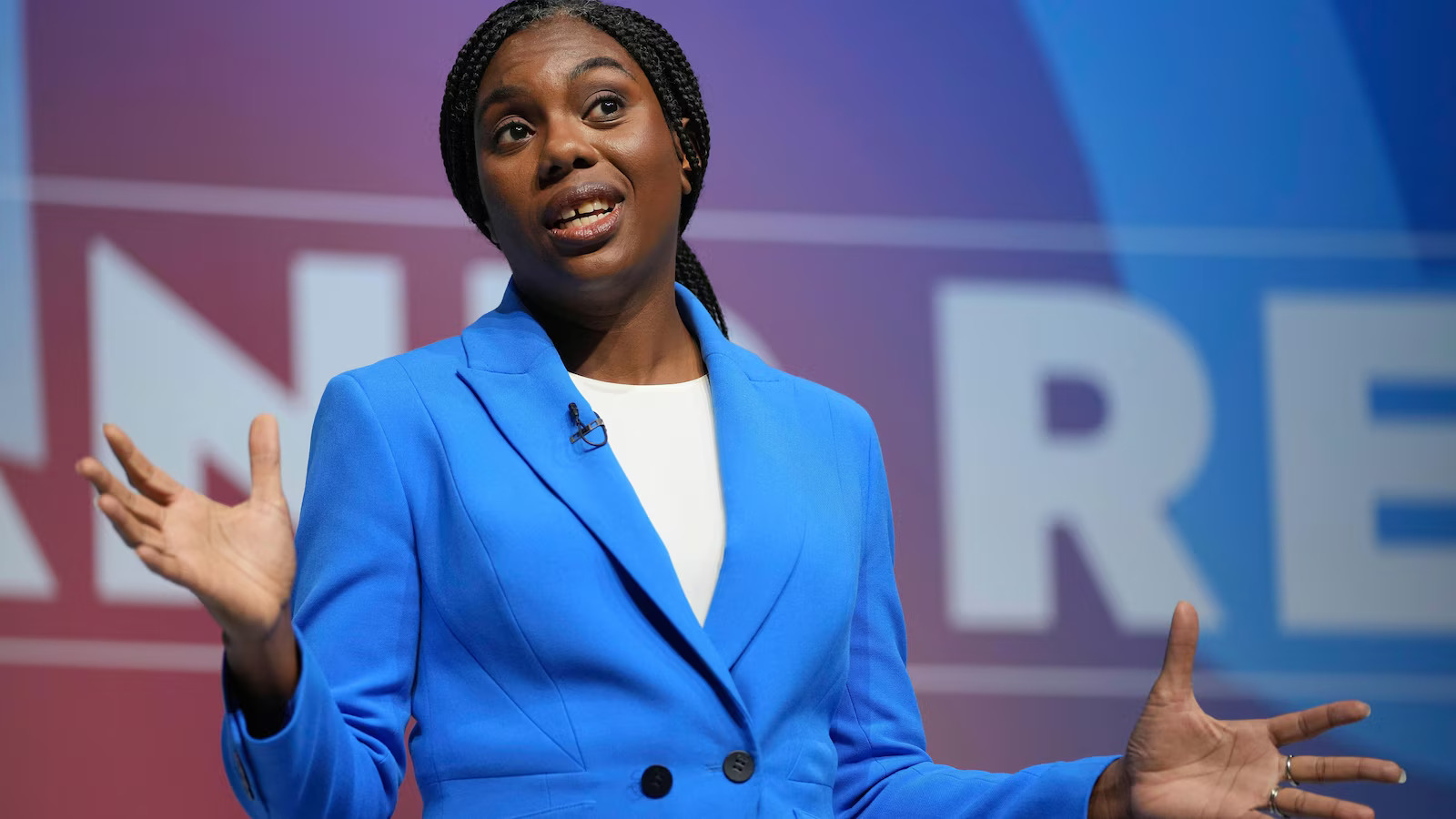The Conservative Party in Britain elected Kemi Badenoch as its new leader following a severe electoral defeat, marking a historic moment as she became the first Black woman to lead a major UK political party. Badenoch secured her victory over Robert Jenrick with 53,806 votes to his 41,388 in a ballot of almost 100,000 Conservative members.
Prime Minister Keir Starmer acknowledged the significance of her win, calling it a proud milestone for the country. However, congratulations from political rivals were mixed with criticism, as Labour and Liberal Democrat figures pointed to ongoing Conservative divisions and recent controversies under the party’s leadership.
Badenoch, who has positioned herself on the party’s right-wing, faces the challenge of addressing both internal party divides and the broader task of reshaping the Conservatives’ public image after years of turmoil. Political analysts, like Tony Travers from the London School of Economics, describe her as a “common-sense” figure appealing to the party’s base.
However, her stance on race and cultural issues is complex and likely to provoke debate with the Labour Party, which has more progressive views on race relations. Badenoch’s views contrast with typical progressive perspectives, complicating Labour’s approach to engaging with her policies.
She takes the helm after Rishi Sunak’s leadership led to a devastating loss for the Conservatives, which now hold just 121 seats, their lowest number since 1832. Badenoch’s immediate challenge will be to rebuild the party’s reputation, which has been marred by economic issues, scandals, and infighting.

Her stated priorities include holding the Labour government accountable, presenting credible Conservative policies, and working to regain the public’s trust ahead of the next general election, expected by 2029. Her speech emphasized a commitment to “resetting” both the party’s policies and public perception.
Analysts suggest Badenoch faces strategic decisions about whether to pull the party further to the right or aim for the center to appeal to a broader electorate. This decision is critical, especially given the rise of right-wing parties like Reform UK, which has drawn some disaffected Conservative voters.
Political observers like Tim Bale predict that Badenoch may focus on divisive social issues and immigration, moving further right in both economic and social policy. This approach might solidify her base but could be risky in attracting centrist voters.
As a politician known for her strong views, Badenoch has often courted controversy, notably criticizing multiculturalism, gender-neutral bathrooms, and UK carbon reduction plans. Her blunt statements have occasionally sparked backlash, including comments on cultural values and maternity pay, reflecting her anti-“woke” stance.
Badenoch’s willingness to challenge societal norms has made her popular within certain Conservative circles, but it remains to be seen if this approach will resonate with the broader electorate, particularly younger or more progressive voters.
Badenoch’s leadership marks a diversification in the Conservative Party, which now has three female leaders and two leaders of non-white backgrounds. Her first test in this role will come during Prime Minister’s Questions (PMQs), where she will debate Keir Starmer in a high-profile political showdown.
Known for her combative style, she is expected to spar energetically with Starmer, demonstrating her political strategy and setting the tone for her leadership as she navigates the challenges of uniting her party and presenting a compelling alternative to Labour in the next election.


